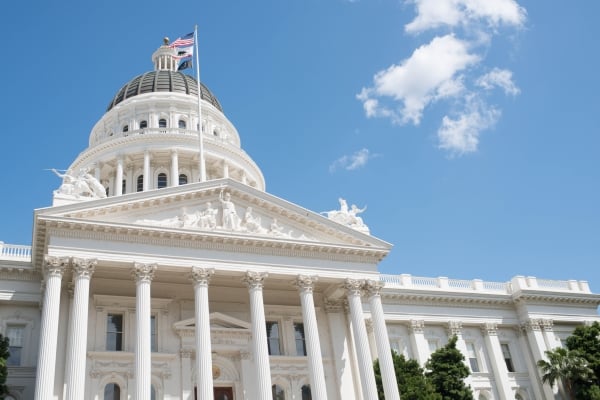In recent years, there has been a growing trend of individuals transitioning from postsecondary education into political careers. This new postsecondary-to-political pipeline is reshaping the landscape of politics and bringing fresh perspectives to the forefront.
Gone are the days when political offices were primarily held by career politicians or those with longstanding connections in the political arena. Today, more and more individuals are choosing to leverage their education and expertise gained in postsecondary institutions to make a difference in the political sphere.
One of the key drivers behind this trend is the increasing emphasis on the need for diverse voices and experiences in politics. As issues such as climate change, social justice, and economic inequality become more pressing, there is a growing realization that the solutions to these complex problems require a wide range of perspectives.
Individuals with postsecondary education bring a unique set of skills and knowledge to the table. Whether they have studied political science, economics, environmental studies, or any other field, their education equips them with critical thinking skills, research abilities, and a deep understanding of complex issues. These skills are essential in crafting effective policies and finding innovative solutions to the challenges facing society.
Furthermore, the postsecondary-to-political pipeline is also reflective of a broader shift in society towards valuing expertise and knowledge. In an age where information is readily available and misinformation can spread quickly, individuals who have undergone rigorous academic training are seen as trustworthy and credible sources of information.
Many postsecondary institutions are also actively encouraging their students to consider careers in politics. Universities and colleges are offering programs and opportunities for students to gain practical experience in politics, such as internships with government agencies, political campaigns, and non-profit organizations. These experiences not only give students a firsthand look at how politics work but also help them build valuable connections in the political world.
The rise of the postsecondary-to-political pipeline is a positive development for democracy. By bringing in individuals with diverse backgrounds, perspectives, and expertise, we can ensure that our political institutions are more representative of the population they serve. These individuals are not only passionate about making a difference but also have the knowledge and skills to enact meaningful change.
As we look towards the future, it is clear that the postsecondary-to-political pipeline will continue to grow and evolve. By encouraging more individuals with postsecondary education to consider careers in politics, we can create a political landscape that is more inclusive, innovative, and effective in addressing the complex challenges of our time.


